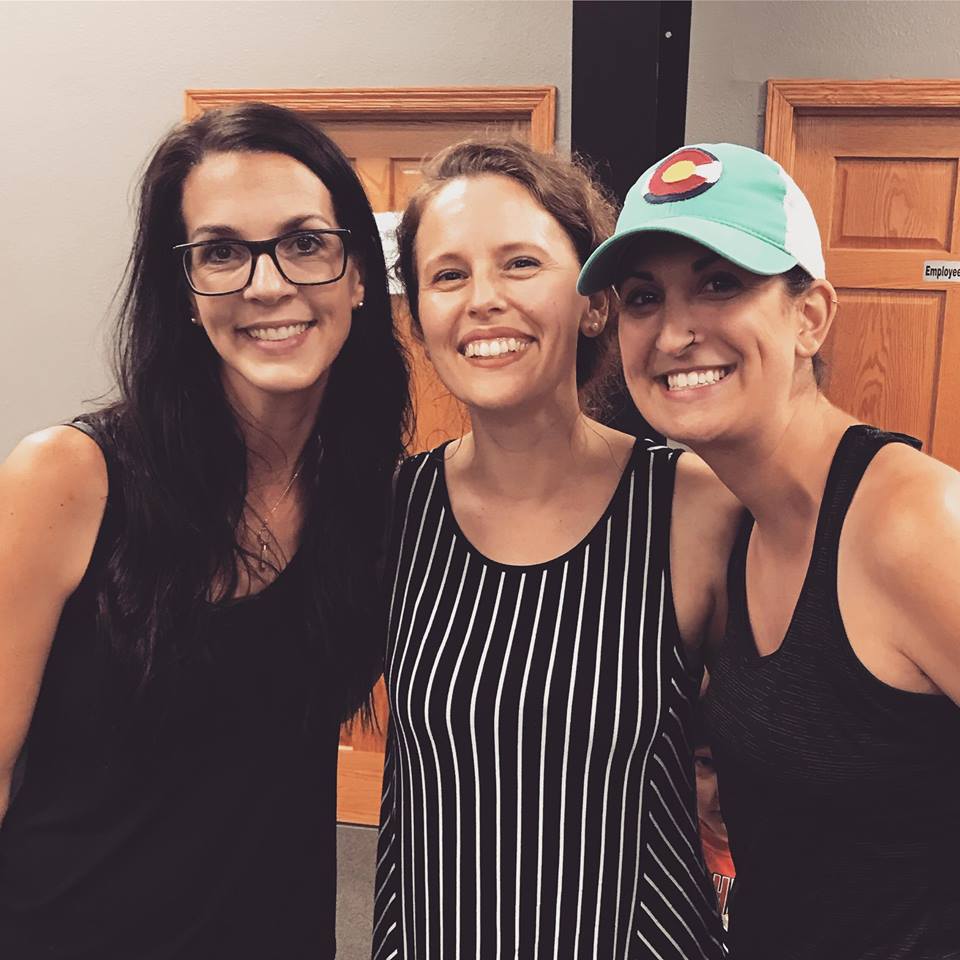Adoption changes your world. You may not know it when you first start researching adoption. You may not even fully understand it the moment you become an adoptive parent. But the longer you live life as an adoptive family, the more you come to fully understand how unique your world and your view of the world have become.
Not everybody understands this. There will be those who only see adoption as a happy ending. There will be those who only see it as a disruption of the natural order. Until you’ve been intimately involved in adoption and how it changes with time, it’s hard to get a grasp on how it touches everything and yet becomes so normal all at once.
As we have settled into this adoption life, I have become incredibly thankful for a couple different groups of friends who have added to my understanding of adoption and have made me a better adoptive parent. I think to have a healthy adoption experience, it’s ideal to have friends from each of these groups:
-Fellow adoptive parents. This road can be lonely and isolating if you don’t have friends who are walking it with you. While people outside the circle of adoption can also be a great source of support, there is something unique about those who are experiencing the same things you’re experiencing. Adoptive parents need to seek out other adoptive parents online, face-to-face, through support groups, in their church community—however you can find them. They will offer you a grace that few other people can because they know how it feels. They know how it feels when your child is struggling and you can’t figure out how to help them. They know how it feels when the stress of parenting a child from trauma becomes marital stress. They can encourage you with tangible solutions, resources that have worked for them, and they can pray with an insight that is unique to having a shared experience. I do not recommend that you try to do this life alone. Finding a community of wise, knowledgeable, empathetic support is so important to being able to be the parent your child needs. Creating those connections so your kids can have relationships with other adoptees is hugely important too. It’s a great way to help our kids normalize their experiences.
-Adoptee friends. I am inexpressibly thankful for my adoptee friends. They have been so gracious to allow me to peek into what my kids may feel or wrestle with in their adulthood. They have loved my kids, and been willing to weigh in on their struggles. I’m thankful that I loved them before I knew their adoption stories— they are people I just naturally get along with regardless of their adoption identity— so this connection just feels like a special blessing. It has been a joy to watch several of my adoptee friends on their own foster care and adoption journeys as they seek to use their experiences to help kids who need families. If adoptive parents are going to develop a sense of empathy for what their kids have gained and lost through the adoption process, I think cultivating relationships with adoptees is a necessity. If you don’t have personal relationships (which is obviously preferable), at least seek out adoptee voices you can read or listen to, and find good adoptee-centered documentaries to watch.
-Birthmom friends. I’m so thankful that before I even knew adoption would be part of our story, God put two women into my life who had placed children for adoption. They have heavily influenced my understanding of birthparents and have helped me have more empathy and grace for the birthparents of my children. I’m also glad to have relationships with some of the birth families of my children, but knowing birthmoms who aren’t directly related to our family has allowed me to ask the deep questions and hear the behind-the-scenes story that might not be appropriate to dig for with our own birth families at this point. My two birthmom friends are both currently involved in caring for kids from trauma (one has adopted from foster care after fostering for years, the other is a houseman at a group home). It’s amazing to see them use the experience they’ve gained to benefit the families they work with. If you don’t have birthmom friends in your life, seek out those voices and read what you can from them, listen to their hearts, watch the documentaries, work to understand that other side of the story.
As my kids have gotten older I’ve learned to listen more and talk less when it comes to adoption. I am intimately familiar with what it means to be an adoptive mother, but I need to hear the voices of everybody impacted by adoption in order to get a full picture.


One Comment
Leave a reply →